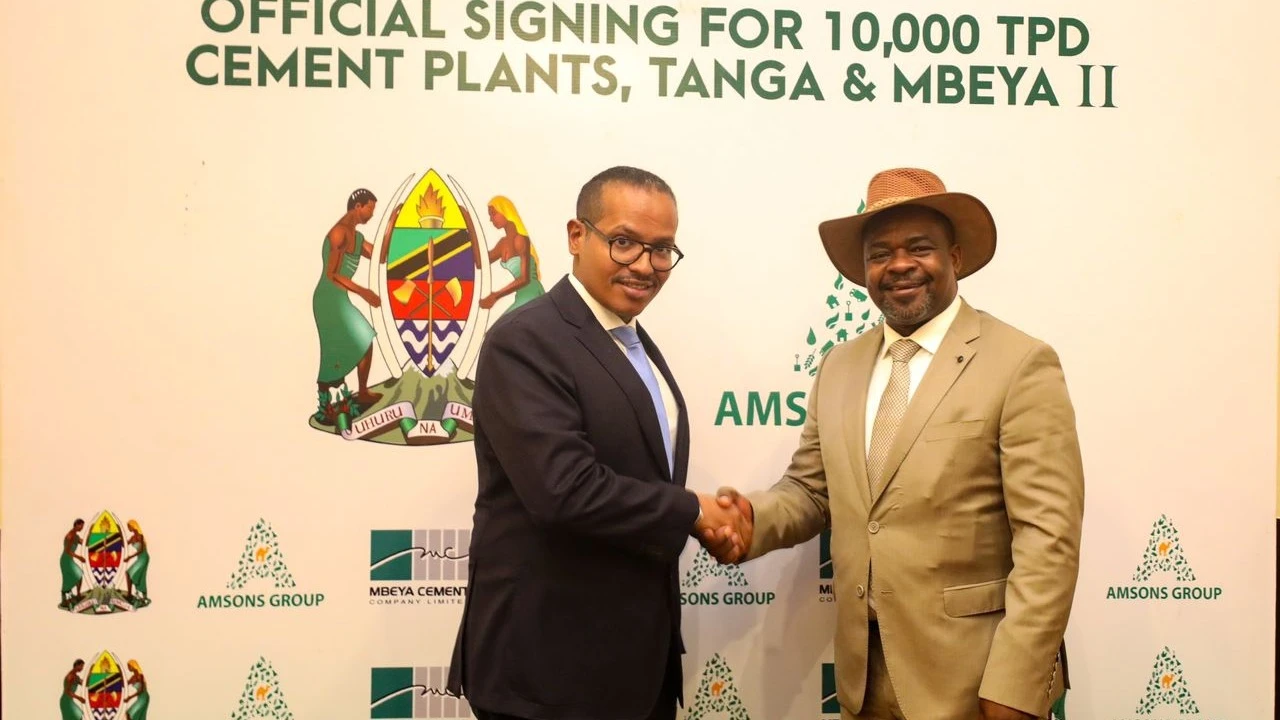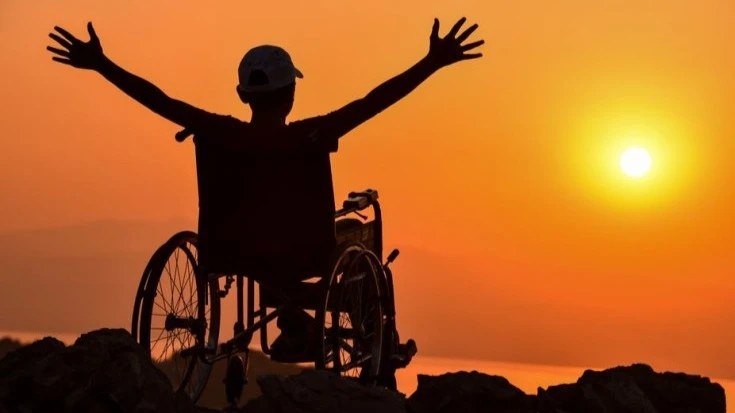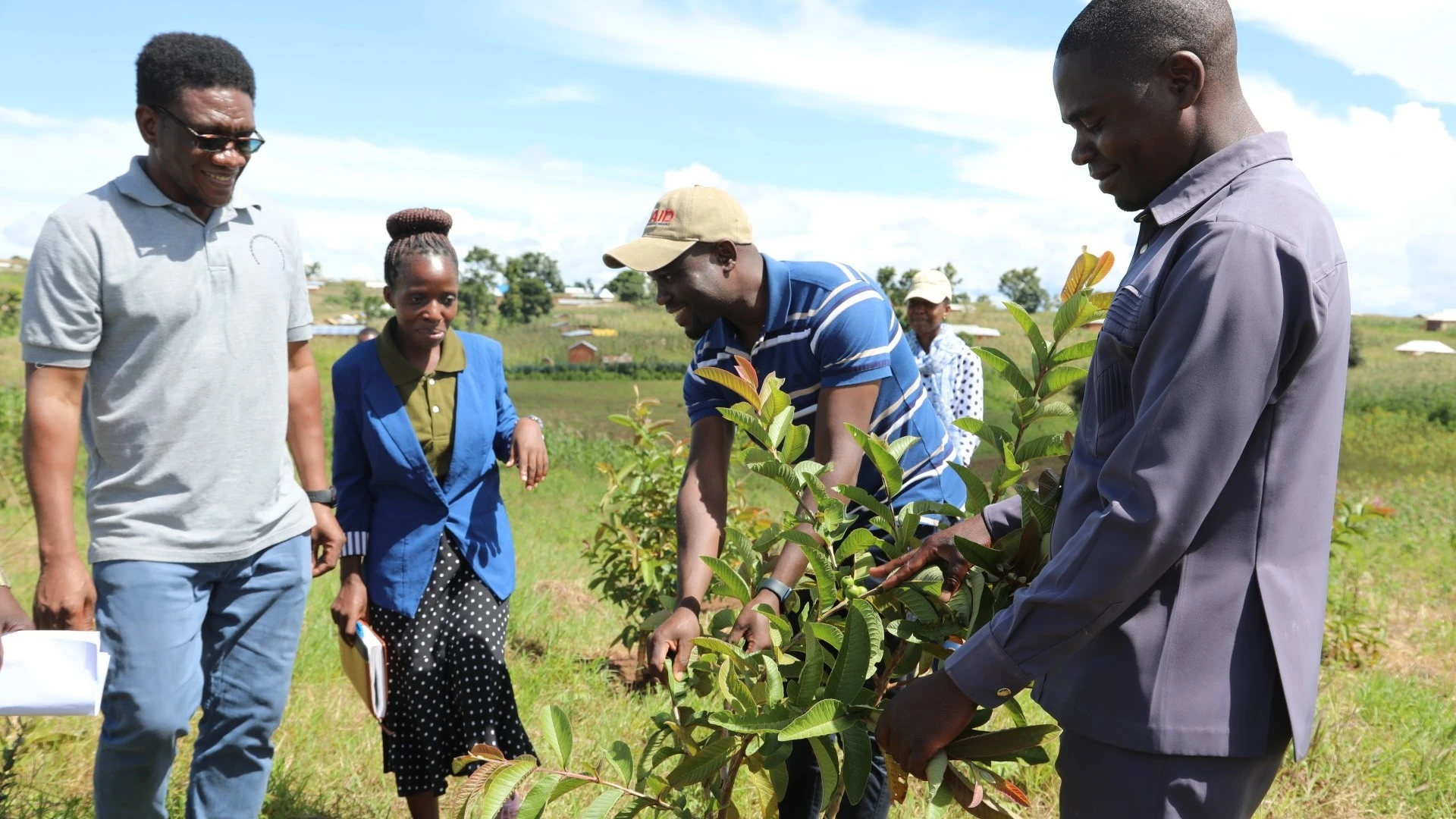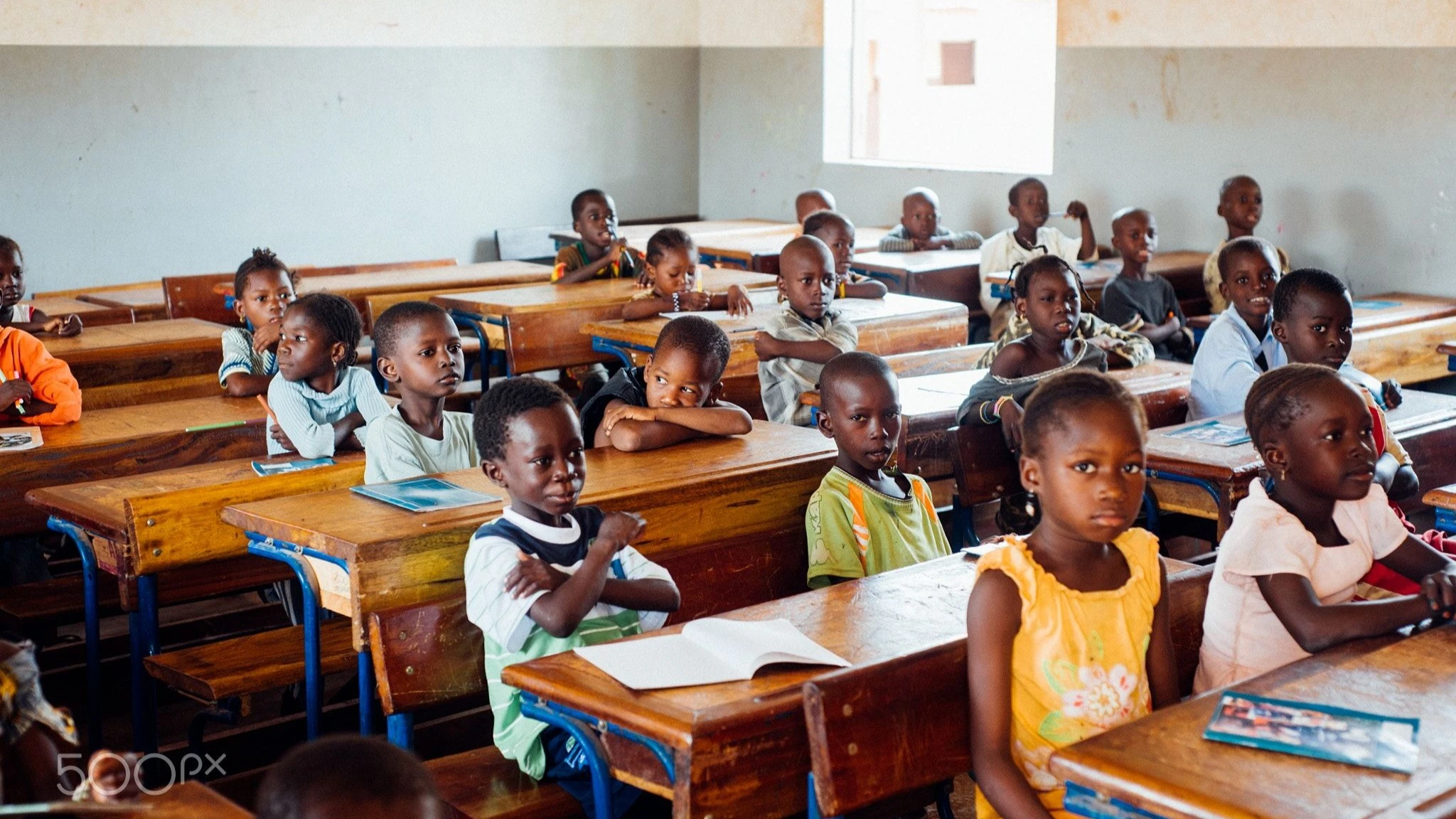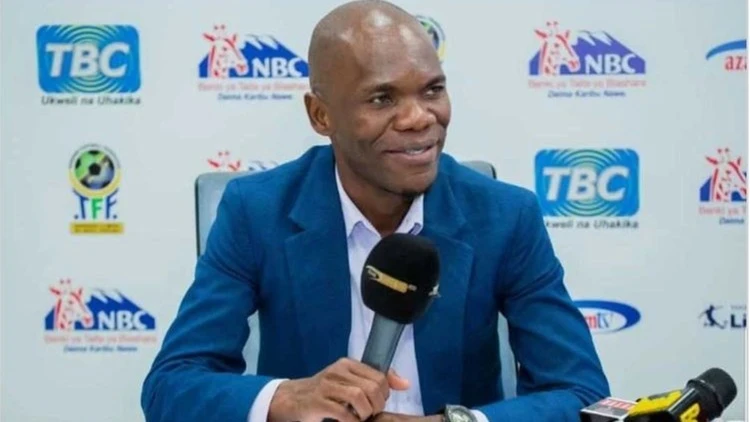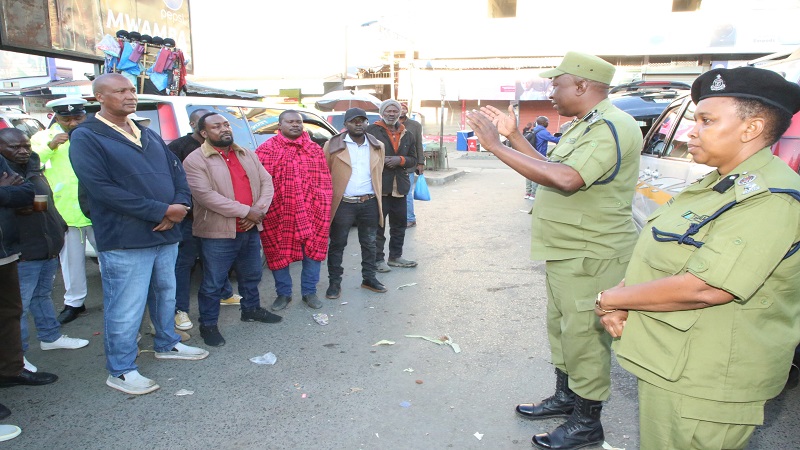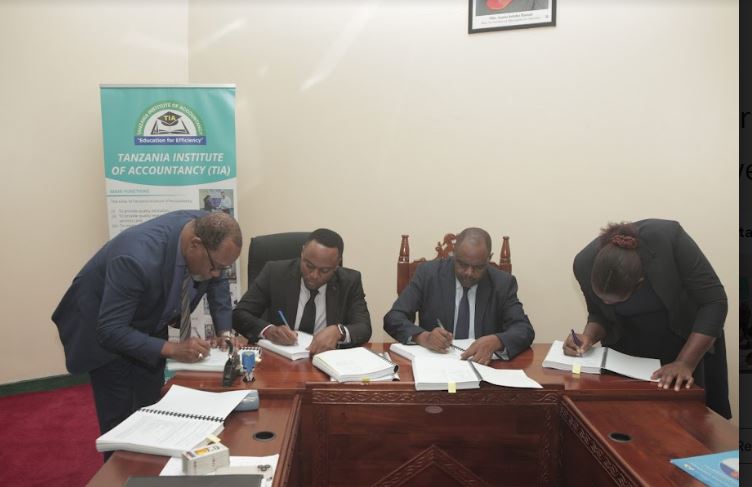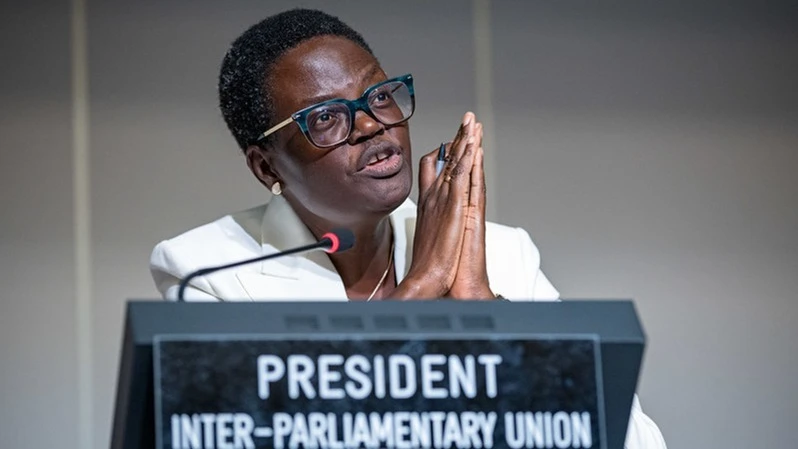Partnership in conservation builds economic resilience, improves community livelihoods
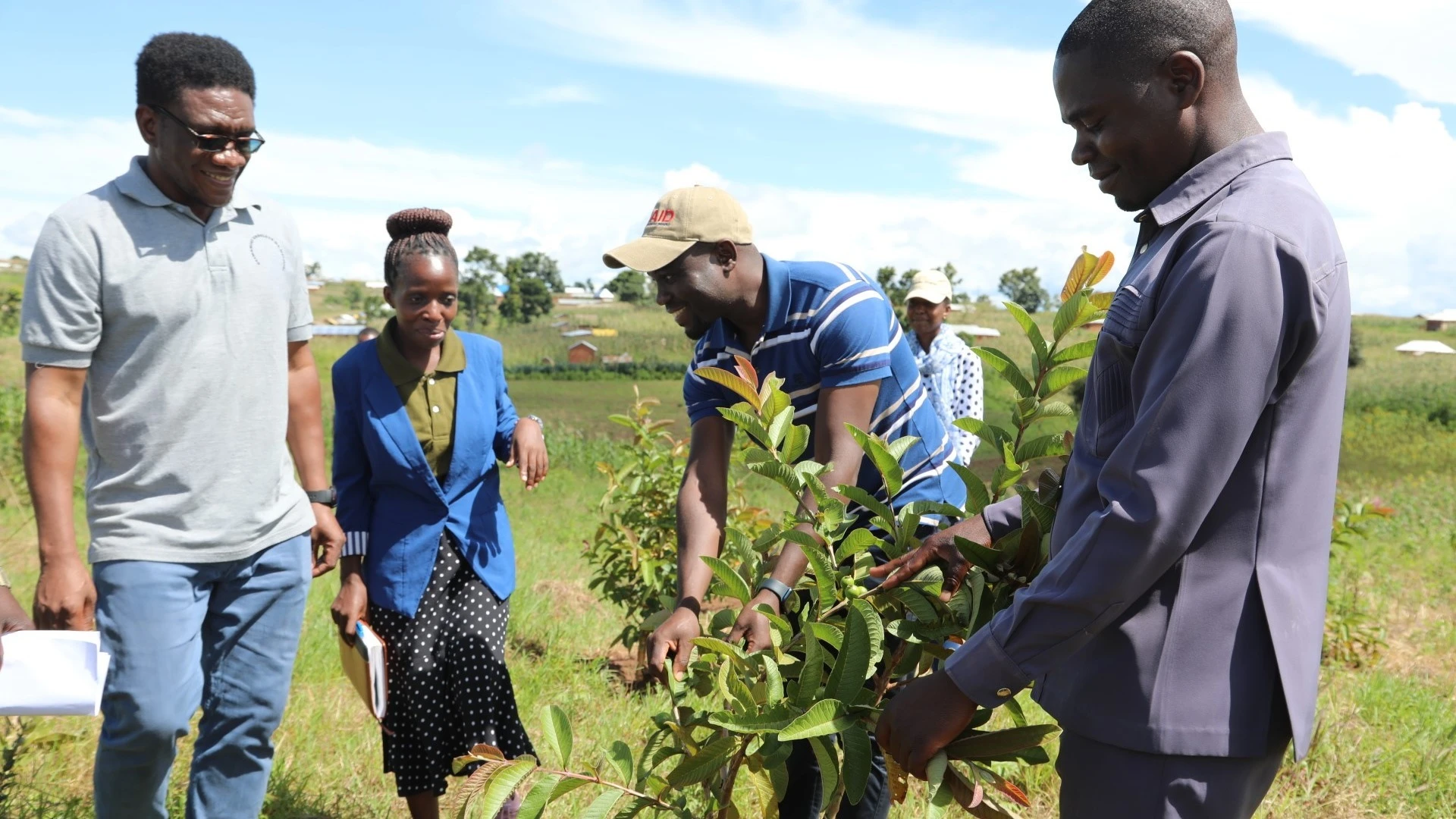
SUCCESS in any community conservation project lies on the engagement of the people.
Local communities must be trained and educated on best practices to protect biodiversity so that they are empowered to exploit opportunities to improve the quality of their lives.
Additionally, it is crucial to recognize and embrace the good practices already existing within local communities, as these can offer valuable insights and culturally relevant approaches to conservation efforts.
Left alone, communities may not do much to benefit from natural resources and in fact may become more vulnerable to the vagaries of weather and impacts of climate change, ultimately slipping into poverty amidst abundant natural wealth. They need support of various kinds and from different stakeholders so as to benefit from natural wealth.
“It is not enough for communities to have abundant natural resources; they must be able to use the natural wealth to raise the quality of their lives and this needs support from various stakeholders. Otherwise it becomes the paradox of plenty, as was the case of Sumbawanga and Nkasi Districts,” explains Nicholaus Mchome, Rukwa Regional Natural Resources Advisor. “Until four years ago this support was inadequate particularly in terms of funding. But it was also a case of weak supervision of natural resources extraction, ignorance on the part of those who enjoy ecosystem benefits and lack of commitment and guidance to rational and sustainable use of natural resources,” he adds.
The required support came in the light of USAID Resilient Communities Governance Project which is implemented by Lawyers’ Environmental Action Team (LEAT) in partnership with Rukwa Sustainable Development Organisation (RUSUDEO), Nkasi and Sumbawanga District Councils as well as local governments of 18 villages. Behind this partnership stands USAID agency which provides funds for project implementation. Activities under the project began in 2020 and they are due to be concluded early 2025.
During this period the project has focused on conservation of land, forests and wildlife, and water resources by building resilience of local communities and ecosystems through improved governance of natural resources. It seeks to build the habit and capacity of community members to conserve the environment as a means of ensuring that communities and ecosystems become climate resilient. Education and awareness on natural resources management and climate change were the starting point of project implementation.
“With adequate knowledge and understanding community members would be able to initiate alternative sources of income instead of depending directly on forests for their daily needs. The ultimate aim was to reduce pressure on the Lyamba lya Mfipa and other forests,” explains Hana Lupembe, the Project Supervisor from LEAT.
Besides communal benefits, implementation of the project created opportunities for individuals and families to raise incomes by offering training in entrepreneurship skills. Training was also offered in the value addition of foodstuffs which saw women sell maize flour instead of maize grain. They also improved packaging of the processed goods they sold.
“Women now conduct small businesses, selling various food stuffs including fish, vegetables, fruits and cooking oil. The project is also addressing problems of nutrition as women have learned to make small gardens in which they grow various vegetables that provide a variety of foodstuffs. Generally, the lives of many villagers have changed,” explains Florence Magambo of Nkwilo village.
The issue of good governance has also been addressed. Now community members have the ability to question the deeds of village council officials in managing natural resources and ensuring that people realize maximum benefits from conservation. Government leaders and other functionaries have become accountable following the formation of Social Accountability Monitoring (SAM) committees that monitor the activities of the said leaders and prepare reports that are sent to district councils for action. The formation of these committees has been possible with adequate funding through the existing partnership.
“The social accountability monitoring committees have inspired leaders to be transparent in running the affairs of the village and availed themselves for interrogation by community members. On the other hand, community members now feel free to ask questions and where they don’t get satisfactory answers they take leaders to task. The result is that many people now attend village assembly meetings, say about 80 percent, as opposed to the years before the project started when hardly ten percent of the villagers attended the assemblies,” explains Edgar Meriko, secretary to the SAM committee in Kalumbaleza A Village.
The impact of financial contribution in the project is reflected in, among others, the change of the status of women in villages that implement the project, notably their demand for the right to own land and use it to improve their individual and family wellbeing. Women have been exposed to a new awakening, the right to own land and other property, through education and awareness campaigns as part implementation of the project.
“When women don’t own land they do not engage in any meaningful conservation of the environment and natural resources. Men look upon them as inferior and second tier members of the public. In the long run efforts to conserve the environment and adapt to climate change cannot succeed,” says Ignasy Weluka, Programme Officer for RUSUDEO.
Over the years individual land parcels have also been surveyed and mapped. Certificates of Customary of Rights of Occupancy (CCROs) have been issued to individual women as well as jointly with their spouse. “About 50 per cent of women in the project areas own land and have legal evidence through CCROs,” explains Frederick Odhiambo, Senior Land Officer for Nkasi District Council. “There are more women owning land now than ever before, thanks to adequate funding from the USAID,” he adds.
Land use planning and issuance of CCROs has put in place secure tenure and protects ownership. This has reduced gender violence and empowered women economically while raising their social status.
“Women who own land also have better lives because they can engage in other income generating activities. They also feel free to take part in decision making processes in village government, village councils and village assemblies and their opinions count in making final decisions,” says Mary Ernest Shauri, a member of the Social Accountability Monitoring (SAM) committee in Nkomolo II Village of Nkasi District. About 75 percent of women in the village own land and have been provided with CCROs.
At a global scale women’s access and ownership of land has been a catalyst to family and community welfare. For women, land ownership has paved the way for more participation in conservation of natural resources and the environment in general. It has also granted them economic freedom and elevated their social status that is free from gender violence. In due course they have earned respect in the family and the community in general. Together, these positive shifts in women’s empowerment have a far reaching effect on conservation, climate change adaptation and the welfare of families.
Four years of hard work and substantial funding by partners has brought changes in the communities. Conservation of the environment and sustainable harvesting of forests has reduced environmental degradation and enhanced recovery of natural vegetation.
Individuals and communities alike enjoy social and economic benefits which otherwise they would not have realized. The benefits are a catalyst which will drive villagers to continue with conservation and protection of natural resources with the view to sustaining climate and economic resilience. “The important thing is that the partnership between the government at regional level and,, district level, NGOs, and development partners must be upheld in order to maintain economic resilience and provide alternative livelihoods to communities,” says Mchome.
At the village level the project has been supplying tree seedlings that have been planted by community members. But if tree planting has to be sustained then the situation must change. “We should be taught how to prepare tree seedlings ourselves instead of waiting for project officials to give them to us. The demand for seedlings is increasing and if we are to meet this demand in future, we must produce our own seedlings. This will increase the sustainability of the project,” says Florence Magambo, Village Executive Officer (VEO) for Nkwilo village.
It is also important that villagers continue to manage the land they own as a community as well as individuals. Land has been surveyed and mapped and some people have been issued with Certificates of Customary Right of Occupancy (CCROs). The demand for CCROs by community members is high but process to survey, map and issue CCROs is costly. “While the District Council would like to issue CCROs to more people in future, this might take a long time due to shortage of funds. I must stress here that funding by USAID accounts for achievement in land management and ownership the district has recorded during the four years of the project,” says Frederick Odhiambo, Senior District Land Officer for Nkasi District Council.
Projects like USAID Resilient Communities Governance funded by USAID and implemented in partnership by LEAT, Sumbawanga and Nkasi District Councils and village governments provide reason for communities to protect, and conserve the environment and natural resources. Ultimately such partnerships help to protect biodiversity, build climate and economic resilience as well as provide alternative sources of livelihoods for community members.
Top Headlines
© 2024 IPPMEDIA.COM. ALL RIGHTS RESERVED












